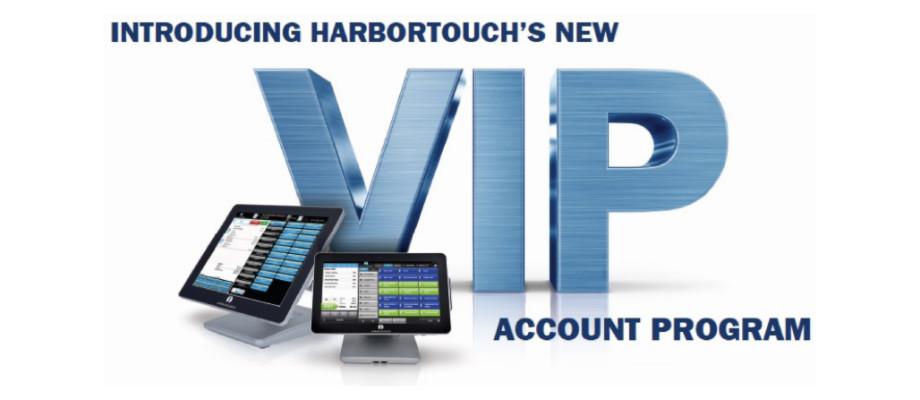Enterprise software refers to software programs specifically designed to meet the needs associated with large organizations, often referred to since enterprises. These software are typically complex, scalable, and can integrate with several systems across numerous departments within a great organization. Enterprise software program is developed to deal with the unique difficulties and requirements regarding large-scale operations, offering solutions for company processes, collaboration, plus data management.
Important characteristics of venture software include:
Scalability: Enterprise software is developed to handle typically the growing needs of enormous organizations, supporting a higher volume of users, transactions, and files.
Integration: These programs tend to be built to be able to integrate with existing systems, databases, and even third-party software to be able to ensure seamless connection and data flow across the organization.
Customization: Enterprise software program is flexible plus customizable to allow particular business processes plus requirements. Organizations can easily often configure or even customize the application to align with their own workflows.
Security: Protection is a main priority throughout enterprise software. This includes features like access controls, security, and other actions to protect sensitive data.
Collaboration and Communication: Enterprise software often includes tools intended for collaboration, communication, plus project management to be able to enhance teamwork and even efficiency.
ISO agent programs : It can help mechanize and streamline several business processes, decreasing manual efforts and even improving overall functional efficiency.
Analyticsand Reporting: Enterprise software supplies robust reporting plus analytics capabilities, letting organizations to derive insights off their data to make well informed decisions.
Compliance: Business software often involves features to aid organizations adhere to industry regulations and even compliance standards.
Examples of enterprise computer software categories include:
Enterprise Resource Planning (ERP): Manages core business processes such as finance, human sources, and supply cycle.
Customer Relationship Management (CRM): Manages client interactions, sales, and marketing activities.
Supply Chain Management (SCM): Optimizes the stream of goods and even services from manufacturing to delivery.
Enterprise Intelligence (BI) and Analytics: Provides tools for analyzing and visualizing data to support decision-making.
Information Management Systems (CMS): Manages the creation, modification, and safe-keeping of digital articles.
Human Capital Managing (HCM): Focuses about managing HR processes, including payroll, expertise management, and employees planning.

Enterprise Content Management (ECM): Organizes and manages an organization's documents and other content.
Popular vendors providing business software solutions incorporate SAP, Oracle, Ms, Salesforce, IBM, and many others.
Implementing enterprise software is a significant executing, and organizations often engage in careful planning, customization, and coaching to make sure successful usage and integration into their existing infrastructure.
